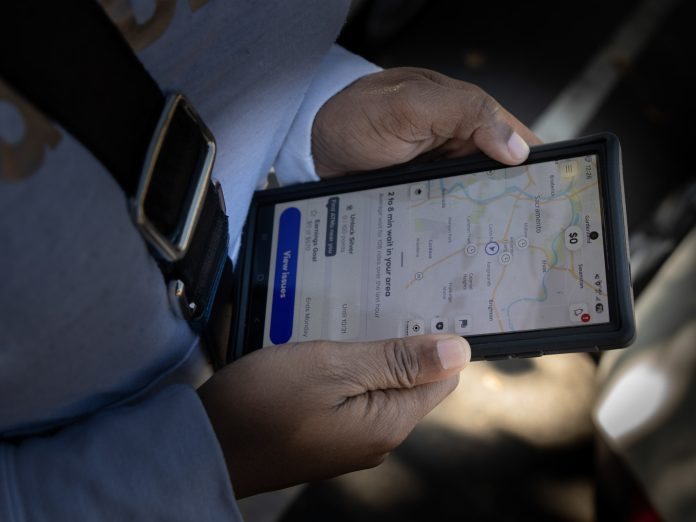By Williamena Kwapo, Solving Sacramento
On Oct. 1, Sharon W. joined thousands of federal employees who were immediately furloughed when the federal government entered its latest shutdown. A longtime government employee based in Sacramento, she has worked in information technology since 2007 when she began as a college intern.
Sharon W. asked not to be fully identified because she fears potential repercussions and retaliation from the current administration as a federal employee.
She has been in the same department for nearly two decades. This marks her fourth shutdown, and she says that even with experience, the anxiety still runs deep.
“Through retirement, life insurance and emergency funds, I have ways to manage,” she says. “But you still want to live life, contribute to your family, and not be cooped up at home doing nothing.”
The shutdown began at midnight Sept. 30 after lawmakers failed to reach agreement on funding for the 2026 fiscal year and appropriations expired. According to the Congressional Budget Office, roughly 750,000 federal employees would be impacted by the shutdown at a cost of about $400 million a day in lost pay.
As of mid-October, thousands of nonessential employees are furloughed, meaning they are off work without pay, while essential employees are expected to continue working without pay.
For Sharon, the uncertainty is familiar. “We prioritized bills, checked what could be paid first. We focused on mortgage and PG&E payments, and looked into forbearance options,” she says of how she and her family handled her first shutdown. “I didn’t have as many responsibilities then, so I was able to handle it a little better with support from my in-laws.”
Now nearly 20 years into federal service, her community, her expenses, and her responsibilities are larger, which makes this hiatus from work and pay more challenging.
So Sharon is turning to gig work to get by. While she spends most of her days helping her husband run their small media business where she does technical and administrative tasks, she plans to start driving for both Uber and Lyft to bring in extra income. It’s a strategy taken by many furloughed nonessential workers seeking alternative income streams while they wait for Congress to reconcile.
Despite the financial strain, Sharon is vocal about the broader stakes. She supports Democratic lawmakers who are refusing to approve a funding deal unless it includes extensions to the enhanced Affordable Care Act premium tax credits that are set to expire at the end of 2025.
Without those subsidies, many Americans could face steep premium hikes or lose coverage entirely. The CBO estimated that 2.2 million people could lose insurance in 2026 if the credits are not renewed.
“Many Americans are very concerned about meeting their financial obligations, and many of them depend upon the Affordable Care Act for health care,” says policy advocate Mel Assagai. “The American public understands that health care is an element of their lives over which they have very little control and that can become very expensive.”
 Sharon W., a furloughed federal employee based in Sacramento, wished to not be identified due to fear of retaliation from the current administration.Robert Maryland, OBSERVER
Sharon W., a furloughed federal employee based in Sacramento, wished to not be identified due to fear of retaliation from the current administration.Robert Maryland, OBSERVER
Assagai underscored the fragile financial reality facing many Americans, noting that most live paycheck to paycheck. After five or six weeks without income, he says, families can find themselves in dire circumstances. A prolonged government shutdown only deepens that pressure, forcing impossible choices between rent, food, and medical care.
Sharon understands this reality all too well. As she gathers documents, schedules car inspections, and finalizes paperwork to start driving for Lyft and Uber, she’s reminded that her temporary struggle connects to a larger fight.
“I understand why they’re standing their ground,” she says. “If people are prioritizing and crunching down on their spending now, think about the crunch they will feel when Medicaid and Medicare get cut.”
This story is part of the Solving Sacramento journalism collaborative. Our partners include California Groundbreakers, Capital Public Radio, Hmong Daily News, Russian America Media, Sacramento Business Journal, Sacramento News & Review and Sacramento Observer. Support stories like these here, and sign up for our monthly newsletter.
CapRadio provides a trusted source of news because of you. As a nonprofit organization, donations from people like you sustain the journalism that allows us to discover stories that are important to our audience. If you believe in what we do and support our mission, please donate today.










